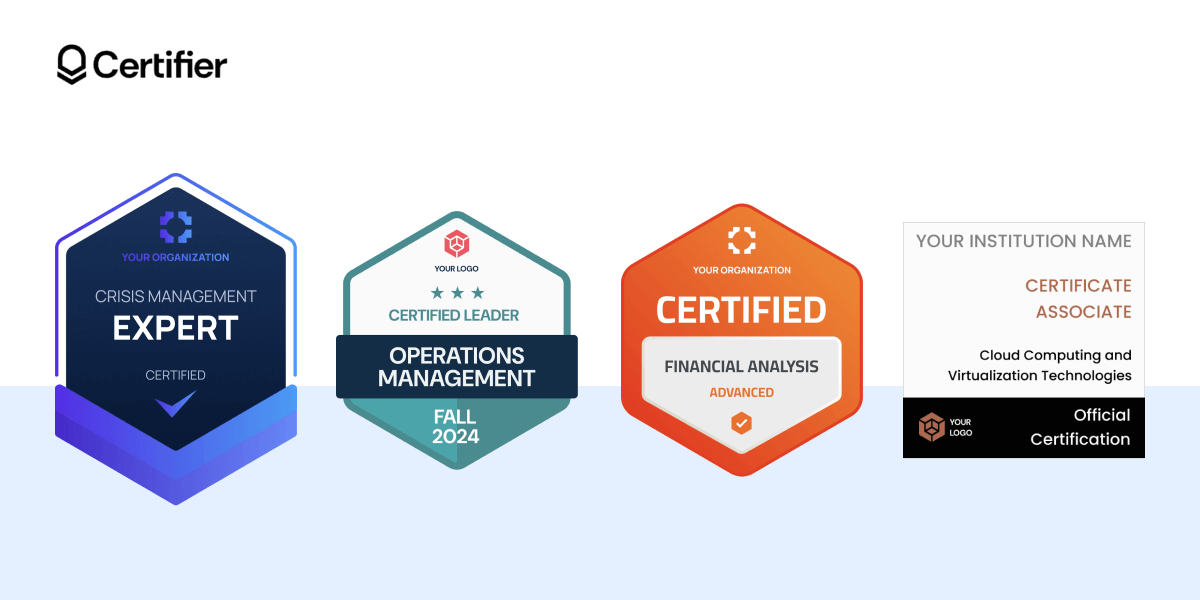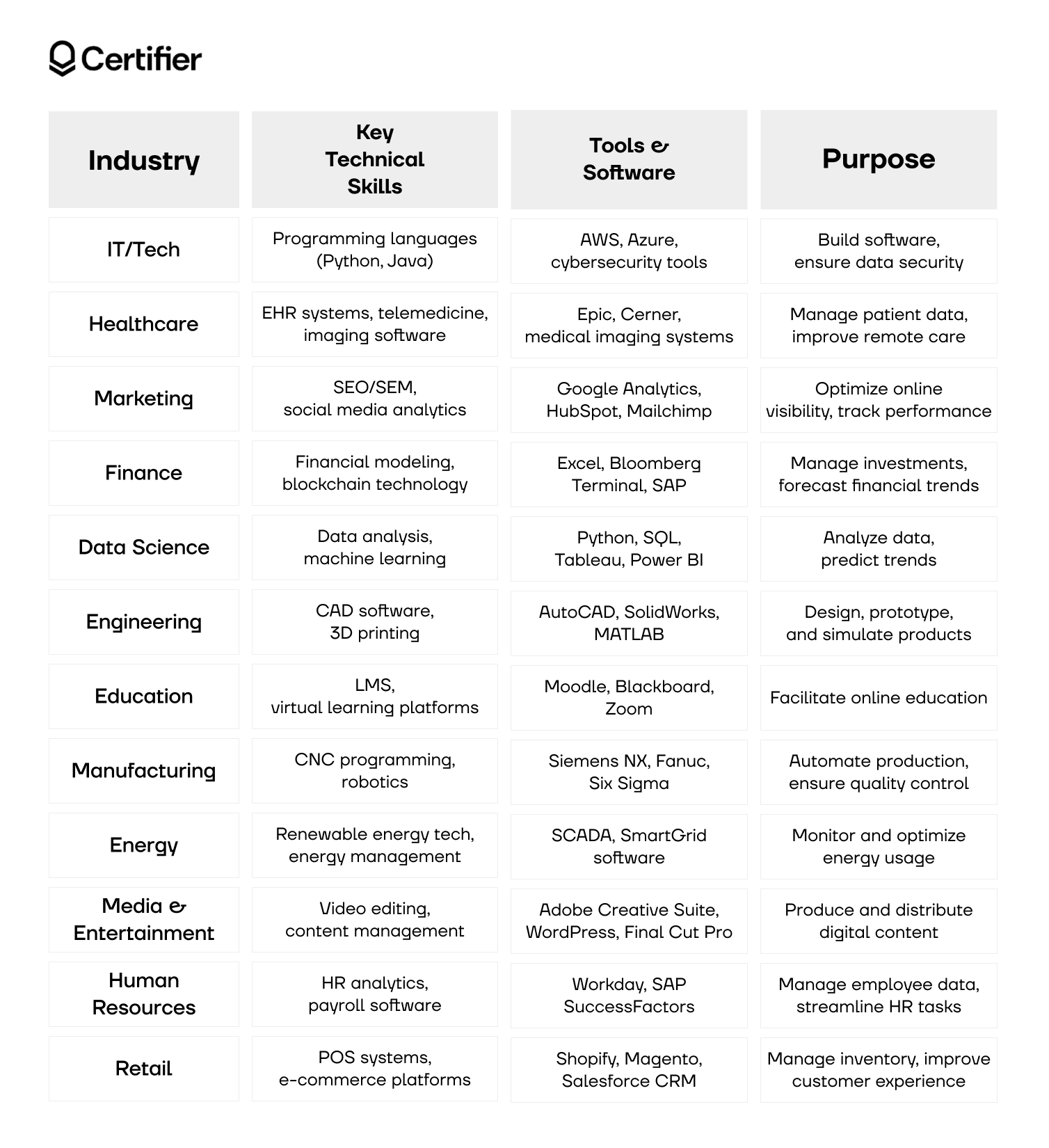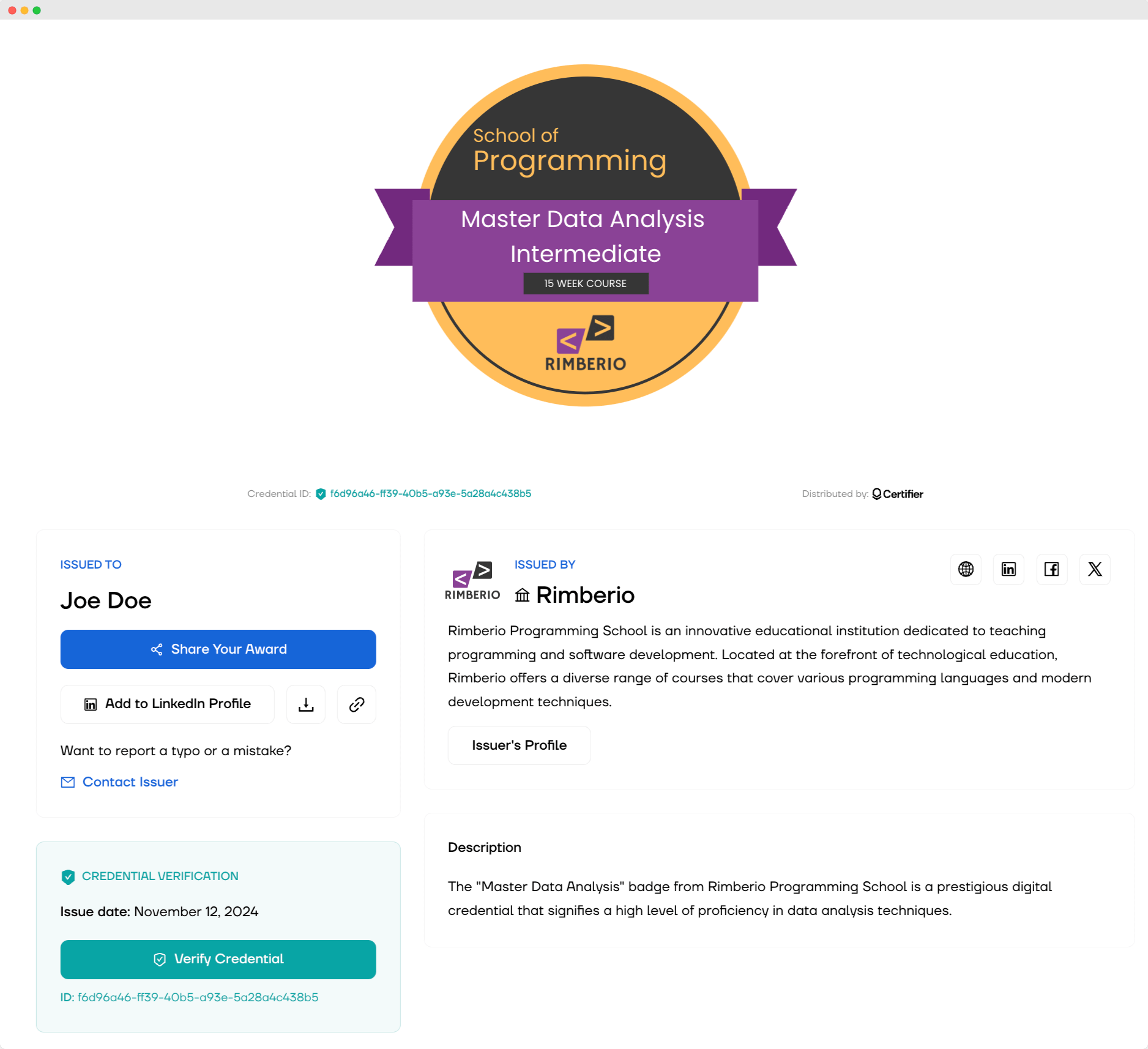Trusted by:
Updated: June 16, 2025
12 min read
What Are Technical Skills: Benefits, Examples, Use Cases
Need a career boost? Check out our article to discover how mastering technical skills can skyrocket your job prospects and performance. We’ve got all the tips you need to get started.
Imagine trying to fix a car without knowing how to use any of the tools – impossible, right? That’s what it’s like entering today’s job market without technical skills. Once limited to IT and tech roles, these skills are now must-haves across industries, from healthcare to marketing.
Today, we'll walk you through what technical skills are and why they're essential in various industries. You'll also learn how to develop these skills and make the most of them in your career.
What are technical skills?
Technical skills refer to specialized abilities that enable professionals to perform specific tasks using tools, software, or specialized equipment. Unlike soft skills, such as teamwork and communication, technical skills are practical, measurable, and often job-specific.
Whether it's programming languages, project management software, or data analysis tools, relevant technical skills vary across industries. Many professionals also use skills badges to showcase their expertise in specific areas.
For instance, certain technical skills include:
Financial analysis in finance
Web development in information technology
Cloud computing in IT infrastructure
Data visualization in marketing
Machine learning in data science
Social media analytics in digital marketing
Operating systems management in IT support
Database management in software development
Once limited to IT and tech roles, these skills are now must-haves across industries, from healthcare to marketing. Platforms like Certifier offer tools to recognize and showcase these skills effectively.

Typically learned through formal education, on-the-job experience, or specialized training, the right technical skills help job seekers meet job requirements and develop innovative solutions.
Why are technical skills important?
Technical skills are essential for boosting productivity and job performance across industries. Employees with the best technical skills can efficiently handle job-specific tasks, making them more effective in the workplace. For example, basic technical skills like data analysis and proficiency in a programming language are increasingly necessary in an increasingly digital world.
Employers prefer candidates who combine soft skills with essential technical skills, as these professionals adapt better to modern work environments. According to a SHRM survey, 83% of HR professionals report a decline in job applicants due to the lack of specific skills, such as writing skills or marketing technical skills.
Adding technical skills examples on a resume, like marketing skills or programming language expertise – so that the candidate meets the job posting requirements and makes them a more desirable candidate. Ultimately, possessing relevant skills gives businesses a competitive edge, especially when technical skills align with their industry's demands.
Examples of in-demand technical skills by industry
Technical skills vary greatly depending on the industry, each requiring specific tools and expertise to accomplish job-related tasks efficiently. The table below provides an overview of key technical skills, the tools used, and their purpose across different sectors, helping you understand the diverse requirements of each industry.

How to develop technical skills?
Let’s flip the script: you don’t have to be perfect right away. In fact, aiming for perfection from the start often slows you down. Instead, focus on making consistent progress, and you'll be surprised at how quickly you build your technical skills. Here are eight practical ways to develop these skills and stay ahead of the curve.
01 Get ruthless about your career goals
Don’t just ‘kind of’ think about what you need. Be brutal. What’s the exact technical skill that will make or break your career? Stalking job descriptions isn't enough – rip through them and pick apart the most relevant skills employers are begging for. Every single role has a set of skills they need, and the ones they list at the top? That’s your target.
02 Stop waiting and start getting your hands dirty
Waiting for the perfect course or certification? Big mistake. Real learning happens in the trenches. Jump into a side project, volunteer, or freelance role that shoves you right into using key technical skills.
Employers often offer corporate training programs that allow employees to develop key technical skills, helping them stay competitive and enhance their careers.
You’ll learn more from one week of trial and error than from a classroom. Participate in workshops and showcase your growth with a workshop certificate.
03 Don’t pay through the nose for skills – hack the system
You don’t need to shell out thousands for degrees when you can get the same quality training for a fraction of the price. Platforms like Udemy and Coursera serve up world-class training, but you can also leverage a certification program to validate your learning and achievements.

If you want to go further, use free trials, hit YouTube, or grab certifications that cost you zero. Use the system to your advantage.
04 Surround yourself with pros who’ve been there
If you're hanging out with people who know less than you, congratulations – you’ve plateaued. Find the experts. Jump into LinkedIn groups, attend webinars, ask questions, get answers. You’ll find out exactly which specific skills are in demand and what’s changing. Want to stay ahead of the curve? Learn from the people who are already a few steps ahead.
05 Make learning part of your everyday grind
Think learning stops when the class ends? Wrong. Stay paranoid about staying up-to-date. Follow tech blogs, read newsletters, and listen to podcasts. Watch how tools like Python or cloud computing platforms evolve and get smarter. Learn daily. Make staying current on new technical skills a reflex, not an afterthought, and recognize your progress with a completion certificate.
06 Use entry-level jobs as your personal playground
Entry-level roles aren’t beneath you. They’re a launchpad. You get access to tools like CRM software, data visualization platforms, and project management systems that you’d otherwise pay to use.
Treat every task as a chance to master tools you’ll be using for the rest of your career. Take the most mundane tasks and turn them into skill-building exercises. See where you can push yourself.
07 Build a portfolio that hits
Forget the perfect resume filled with vague accomplishments. Build a portfolio that proves you’ve got the skills. Projects that scream, ‘I did this, and here are the results,’ can be backed up with an achievement certificate to provide further proof of your success. Whether it's a marketing campaign that increased sales or an app you built, show off your technical skills with hard-hitting examples.
If you think you can coast through your career without putting in the work to learn these technical skills, you’re already behind.
How to showcase relevant technical skills on a resume or job application?
Let’s face it – most resumes are forgettable. If yours isn’t making an impact, it’s time to level up and showcase your technical skills like you mean it. Employers don’t care about generic laundry lists of skills. They want proof that you know your stuff and can get results. So, here’s how to make your resume stand out from the pile of dull, cookie-cutter applications.
Tailor it like a pro
One-size-fits-all resumes? Toss them. Every single job you apply for demands a different set of technical skills, so stop using the same generic list. Scour the job posting and pull out the specific skills they’re asking for. Then, highlight the relevant skills that match the role. You don’t need to list every skill you’ve ever learned – just the ones that will grab the hiring manager’s attention.
Group your skills like a master organizer
A jumbled mess of skills is a fast track to being ignored. Split your technical skills into clear, logical categories. Are you a pro with programming languages like Python and Java? Do you crush it with project management tools? Organize them under headers like "Software Proficiency" or "Data Analysis Skills" to make them easy to spot.
Use badges to prove technical skills
While listing technical skills on your resume is standard, showing tangible proof sets you apart. Enter the power of badges – digital representations of your skill proficiency.
Certifier offers professionally designed badges that are not only eye-catching but also verifiable. This means employers can instantly confirm your competencies, adding a layer of credibility to your claims.

Instead of merely stating you're proficient in a software, a Certifier badge shows you've passed assessments or completed courses relevant to that tool. Include these badges prominently under your technical skills section or attach them alongside respective skills. This visual proof serves as a seal of expertise that hiring managers can trust at a glance.
Back it up with numbers
No one’s impressed by vague claims. You say you’re good with CRM tools? Prove it. Use numbers to showcase real, measurable results. Try something like, “Increased lead conversion by 25% using HubSpot CRM” or “Cut project timelines by 15% with Asana.” When you quantify your achievements, employers know you’re not just talking – you’re delivering.
Make verbs your secret weapon
Passive language kills momentum, and nobody wants to read through a list of “responsible for” statements. Action verbs are your best friend here. Use terms like “developed,” “implemented,” “managed,” or “optimized” to inject life into your resume and show that you’re actively making things happen.
Keep your skills section fresh
Technology moves fast, and so should your resume. Update your technical skills section regularly as new tools, software, and programming languages become essential to your field. Every time you learn a new tool or software, add it. Outdated skills? Drop them. Your resume should reflect what’s most relevant right now – not what you did five years ago.
If you’re just listing skills without giving them the spotlight they deserve, you’re missing out on job opportunities. Own your skills, show the impact, and give employers something they can’t ignore.
Checklist: How to leverage technical skills for career growth?
Identify the most relevant technical skills: Review the job description to understand the specific technical skills employers expect for the role, such as programming skills or computer skills.
Assess your current skill set: Compare your existing technical skills with the job requirements and identify any key technical skills you may need to develop.
Add technical skills to your resume: In the technical skills section of your resume, list technical skills relevant to the job you're applying for, like programming languages, software proficiency, and problem-solving skills.
Focus on industry-specific technical skills: Highlight skills that are essential for your industry, whether it's financial analysis, digital marketing, or technical writing.
Develop new technical skills: Stay competitive by learning new technical skills, such as social media platforms for marketing or cloud computing for IT, through formal training or online courses.
Quantify your hard skills: Whenever possible, provide examples of technical skills you’ve applied on the job, using numbers to showcase measurable results.
Stay updated on top technical skills: Regularly monitor industry trends to ensure your skills remain relevant in an increasingly digital world.
Take advantage of certification programs: Enhance your qualifications by earning credentials through formal training or working with a certified professional resume writer.
Improve your presentation skills: Develop your ability to present technical concepts clearly, especially for roles that require technical writing or presentations.
Network with professionals in your field: Engage with peers to learn about job postings that highlight emerging key technical skills, ensuring you're always prepared for career growth opportunities.
Show your technical skills with badges
Technical skills are now a must for anyone looking to stay competitive in today’s job market. They help you perform specific tasks and adapt to new tools and technologies. Regularly updating your skills and keeping up with industry trends increases your employability and opens up more opportunities for career advancement. Focus on building these skills to stay relevant.
Don’t just tell potential employers about your abilities – show them. Create and display verifiable badges with Certifier to visually demonstrate your technical prowess. Start designing your badges and turn your capabilities into visually appealing credentials that stand out!
FAQ about technical badges
Here are the most commonly asked questions about technical badges.

- B2B SaaS marketing
- Digital Credentials
- Content Strategy
- On-page SEO
- Lead Generation
Head of Marketing
Aksen leads marketing at Certifier, bringing 7+ years of experience with global brands to position digital credentialing as a trusted solution for training providers and educational institutions.


